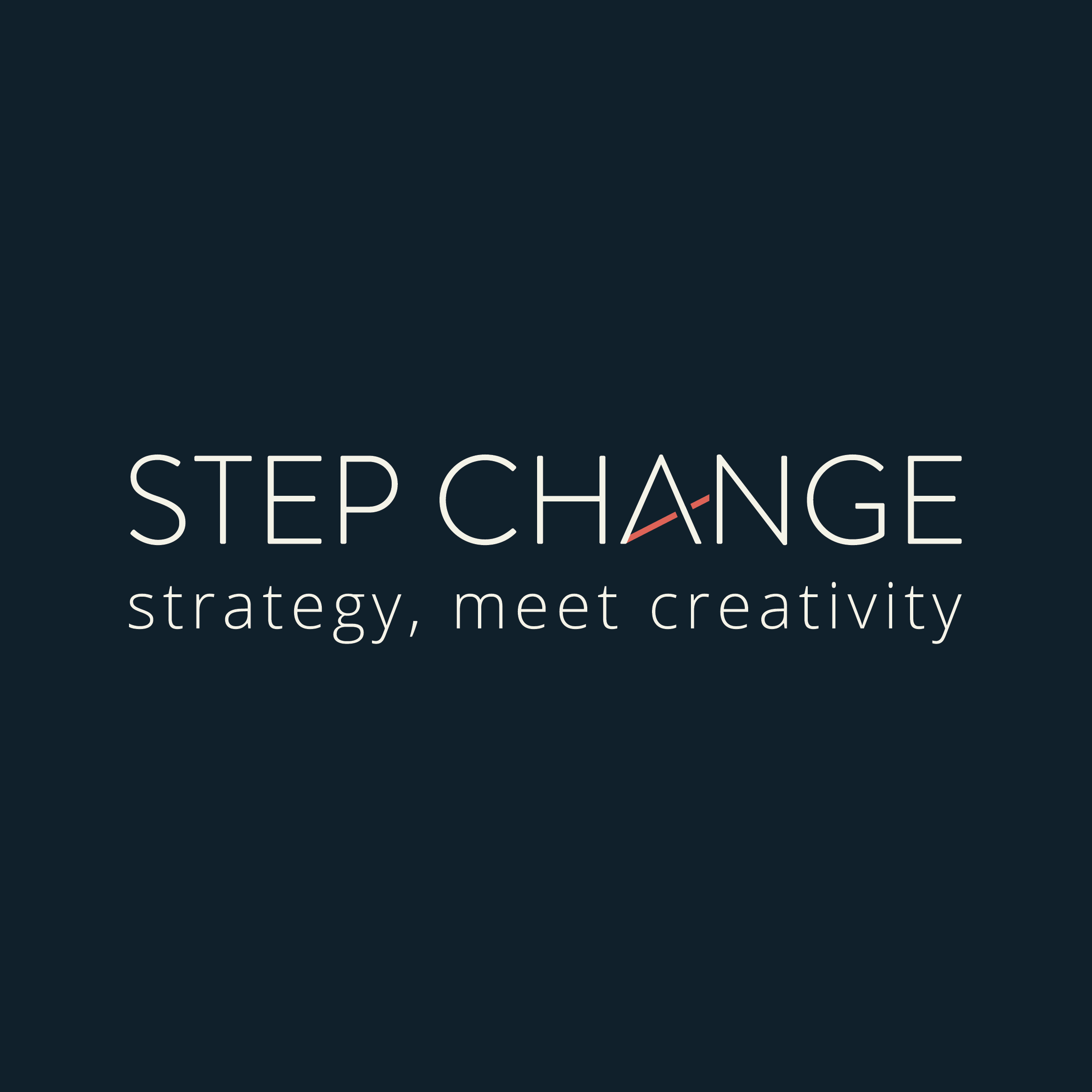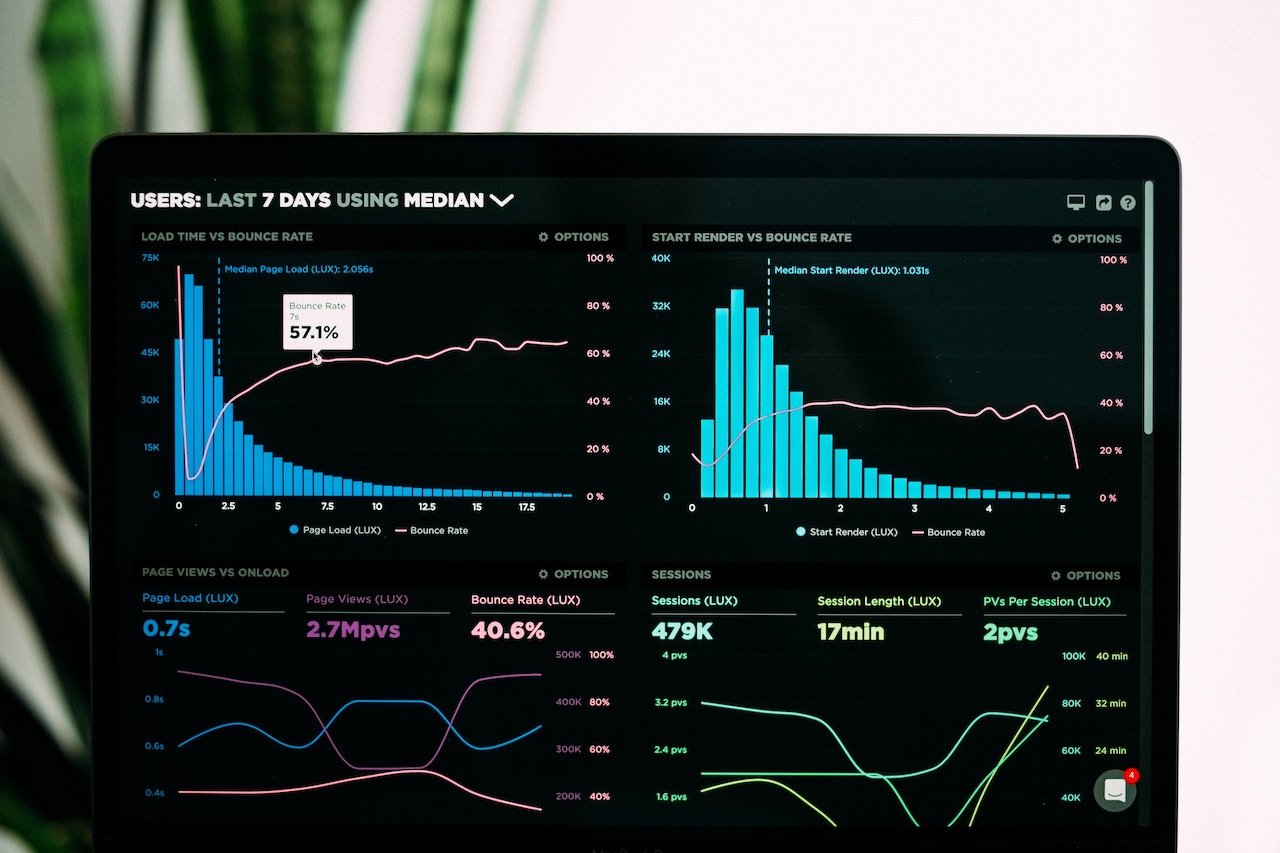Blockchain is perhaps the most radical innovation of the last few years — and perhaps one you haven’t yet heard of. With banks believing blockchain technology is the future of fintech, and diamond miners believing it will end trade conflicts, blockchain is shaking up almost every industry it touches.
But what exactly is blockchain, and what industries has it been impacting on?
Understanding the Blockchain
Blockchain is a public security system. Imagine someone wanted to steal from Taylor Swift. When Taylor is backstage, walking through the corridors, a pickpocket could grab a purse as they brushed past her. However, when Taylor is on stage in front of a crowd watching her every move — the chance of a pickpocket going unnoticed is slim.
While traditional security was built on the concept of keeping people out of the network and withholding information, blockchain is based on allowing as many people in as possible.
This blockchain innovation is to replace closed security systems with a public ledger that displays all transactions publicly. It was created with the belief that if more people bear witness to a transaction, fewer people will have their fraudulent transaction go unnoticed. Only, instead of people being witnesses, computers are the ones keeping track.
Finance Industry
Blockchain can save banks as much as $20 billion per annum. With the rise of technology, banks are facing an unprecedented financial crisis due to fraud. But by using blockchain, banks will be able to store transactions using the public ledger, completely revolutionising banking security. The collaboration between R3 and eleven of the world’s largest banks (CBA, Barclays, HSBC, BMO, Credit Suisse, Natixis, RBS, TD, UBS, UniCredit, and Wells Fargo) works by uploading and combining the ledgers of these banks on a blockchain so that all transactions are fraud-proof.
Using the blockchain, transactions can be processed faster and seamlessly. There is less paper work, less contract-writing, and less administrative work. This saves banks time and money and keeps customers who need to access funds happy.
Furthermore, blockchain offers the ability to create smart contracts. These are essentially computer programs that can execute legal contracts. They allow you to specify certain constraints on whether or not money gets sent out or not; this removes all the need for legal professionals to write contracts.
Music Industry
Imagine you hear a song in a pub by an up-and-coming indie artist. You wish you could be a part of their rise to stardom. Blockchain gives you the ability to buy shares in individual songs (or movies, photos — any kind of artwork) using Smart Contracts. Peertracks uses blockchain to allow consumers to purchase equity in a song or artist in a crowd-funding business model. This means, people are finding artistic talent and investing in these people before they are famous and then capitalising on their profit once they start generating a higher income. Rethink Music now uses blockchain to ensure musicians are paid for their work through smart contracts.
Education Industry
The blockchain technology can be used to authenticate academic records. This removes the issue of academic fraud and the hassle of traditional, manual checking of paper documents. This means when an employer does a background check on a potential candidate, they can verify the courses taken and the marks the candidate received. At the moment, this has been adopted by the Holbertson School (a software-skills program).
Government
The solution to the issue of unfair voting, rigged elections, and human error in adding up votes can be solved through the blockchain. Agora Voting aims to use blockchain to make online voting more secure. At West Virginia University, they are implementing a blockchain-based voting platform for university elections.
Retail Industry
Gyft is an online platform where people can buy, sell, and redeem gift cards. They use the blockchain provider Chain to offer smart contracts to gift card purchasers. This saves them money as offering gift card programs is often expensive and doesn’t give immediate profits.
Blockchain — Shaping the Future
So that’s blockchain in a nutshell. And even though you may not have heard of it yet, it’s about to transform more industries than you can imagine.
We are in the Internet of Everything, where every device is becoming online-enabled, so we now need a Ledger of Everything. The applications of blockchain are still being uncovered, but thus far, it’s making its mark, with new startups coming up every month.
Watch this space.
Written by Adam Long, Executive General Manager at Step Change
This blog post first appeared on The Executive Connection blog.
PS. Check out this insightful podcast about how to manage the disruptive effects of change.








